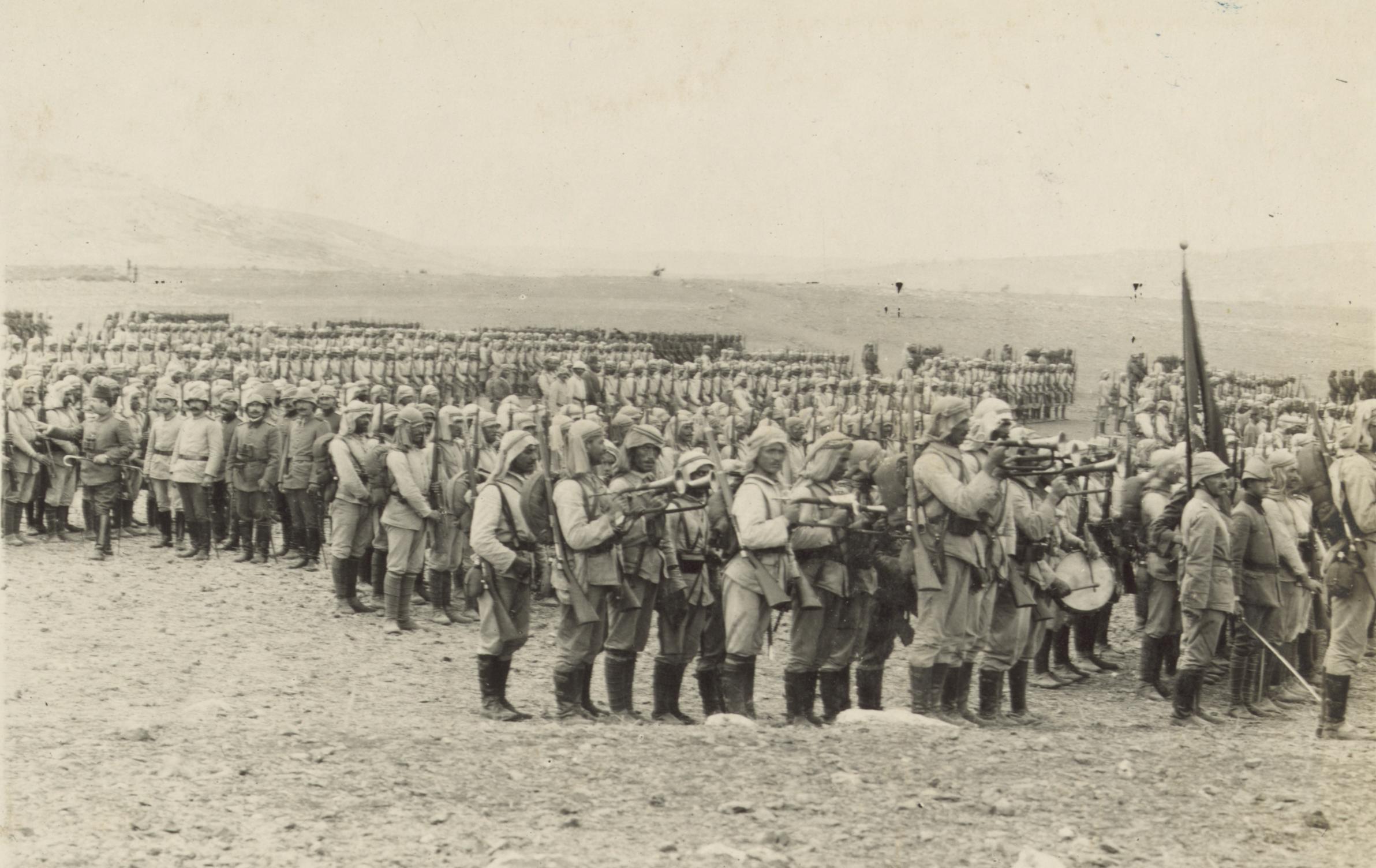
The Ottomans were in my opinion a great opponent to the Allies in WW1. But how did it all come to be and what battles were fought? Find out in this blog post! Enjoy reading.
Why did the Ottomans join the Central Powers?
The Ottomans were friends with most European super-powers at time. They had a decent friendship with Britain and France and a growing, strong friendship with Germany. Because most of the Ottomans’ friends were at war, the government felt like it had to choose a side.
In the government itself, many Ottomans chose a side. Enver Pasha was strongly pro-German, primarily because he had served in the German Army before. And so he was very confident that the Germans would win the war against the Allies. Enverr Pasha also felt that theGermanss could help with the modernization of the Ottoman army, they could also be an excellent trade partner and protect the Ottomans from the Russian sphere of influence.
Then we have Talant Pasha. He was pro-Allies and thought that the chances of an invasion by the Germans were much slimmer. Siding with the Allies could also help recover some lost territory of the Ottomans.
After a long argument about which side to choose, the Ottomans finally sided with the Central Powers. There are many factors that led them to choose the Central Powers.
- If the Russians were doing poorly in the war, that was an opportunity to get land.
- Britain and France had already decided that the Ottoman Empire would crumble, so even if they chose the Allies and Germany lost, it would mean the end of the Ottoman Empire.
- The British captured two battleships from the Ottomans and refused to return them. Which not only angered the Government but the citizens as well as the battleships were mostly funded by citizens.
The Caucasus Campaign
After The Ottoman Empire rejected the Ultimatum sent by Russia and Britain, Russia declared war and started fighting against the Ottomans in the Caucasus mountains. Recovering ground in the Caucasus mountains was the main objective for the Ottomans. Because the Ottomans weren’t used to cold weather and weren’t prepared, there were many casualties.
In the meantime, the only problem for Britain was the loss of oil. So they secured it from the Ottomans by capturing Basra in late November 1914
It’s the winter of 1914 and the Ottomans launch an offensive against the Russians which ends poorly for the Ottomans at the Battle of Sarikamish.
In 1916, early January, the Russians saw an opportunity to initiate an offensive. By April of 116 the Russians had captured Erzurum and Trebizond.
Dardanelles Campaign
The British and the French sent warships to the Dardanelles. It was a show of power and a threat to Constantinople.
The British and the French hoped that with a show of power, the Ottomans would surrender. Unfortunately the Ottomans held strong. 3 battleships were sunk by mines and 3 more damaged. After a year the campaign had to be called off.
Gallipoli Campaign
The Gallipoli Campaign was executed to aid the Dardanelles Campaign. Ground troops landed on the Gallipoli Peninsula in April 1915. But the ground troops faced strong Turkish resistance and were pinned down close to the shore. Reinforcements were sent in early August 1915, hoping to break the wall of resistance set up by the Turks. Soon the Gallipoli Campaign had to be called off just like the Dardanelles.
Besieged at Kut
In order to capture Baghdad, the British sent forces to Baghdad. But they were met with heavy resistance at the Battle of Ctesiphon. The British then withdrew to Kut where they were sieged by the Turks. After over 5 months of siege the British troops surrendered.
Later in 1917, British troops avenge the humiliation of the British troops at Kut by launching a battle. The British troops succeed in capturing Baghdad.
Arab Revolt
The British realized that they needed the help of the Arabs, and so they promised the Arabs independent Arab nations.
One Arab leader led a revolt against Ottoman forces at the Battle of Mecca, which they won.
Many other battles happened too. If I explain everything here, this blog might become a book. Basically though, the Ottomans were slowly pushed back until an armistice was signed in late 1918. A few years later, the Ottoman Empire crumbled.